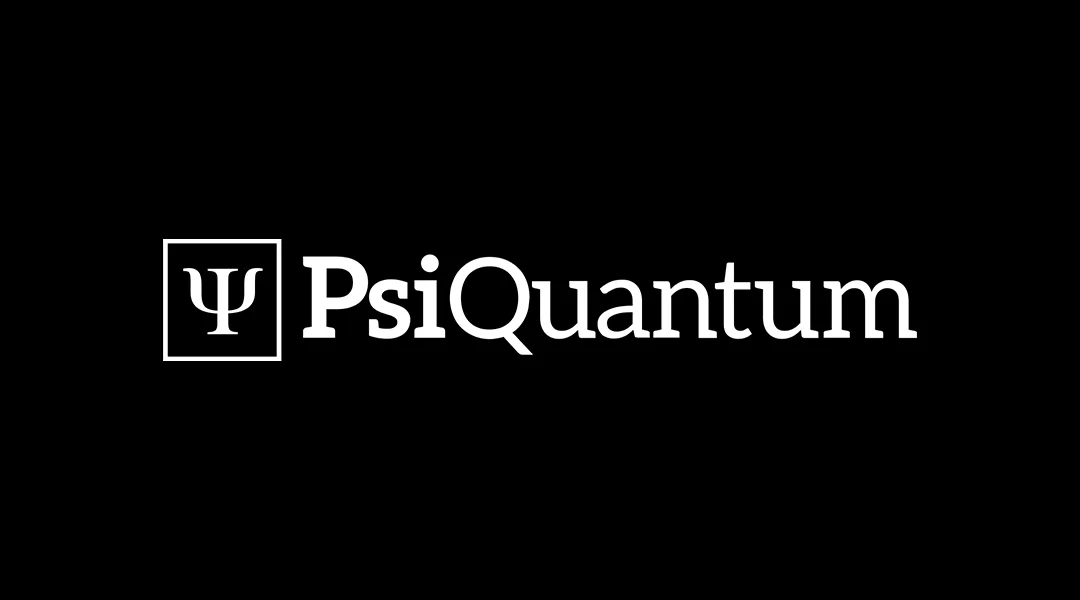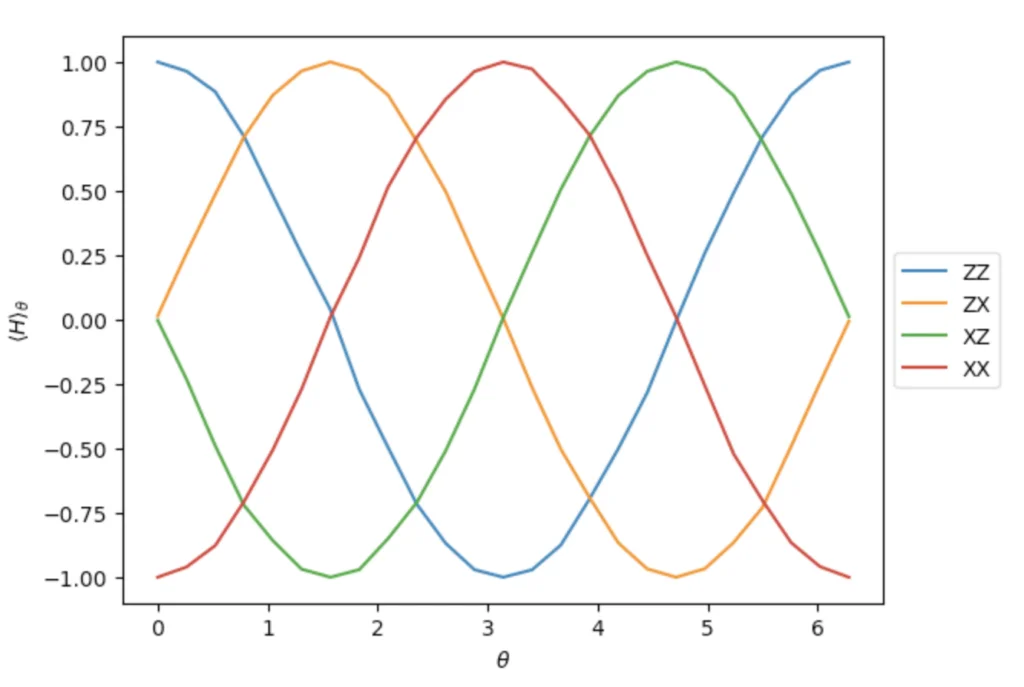Insider Brief
- PsiQuantum announced the availability of the Quantum Resource Estimation Format (QREF) and the beta release of Bartiq, a Quantum Resource Estimator.
- QREF provides an open data format to represent FTQC algorithms and Bartiq is set to guide researchers and developers through the complexities of resource estimation.
- As fault-tolerant quantum computing continues to break new ground, the need for precise and efficient resource estimation has never been more critical.
PRESS RELEASE — PsiQuantum announced the availability of the Quantum Resource Estimation Format (QREF) and the beta release of Bartiq, a Quantum Resource Estimator (QRE) for Fault Tolerant Quantum Computing (FTQC). QREF provides an open data format to represent FTQC algorithms and Bartiq is set to guide researchers and developers through the complexities of resource estimation for various fault-tolerant quantum algorithms.
As fault-tolerant quantum computing continues to break new ground, the need for precise and efficient resource estimation has never been more critical. Bartiq is engineered to meet this need, built to automate the complex, error-prone, and time consuming task of manually estimating resource requirements for fault-tolerant quantum algorithms. With its launch, PsiQuantum aims to catalyze advancements in critical scientific domains, including cryptography, materials science, and beyond.
Despite a growing effort, the quantum computing industry lacks algorithms tools that are efficient, precise, accessible and reproducible Because of this, developers in the field must make the difficult choice between spending several months writing exhaustive research papers that describe their quantum applications in full or publish without such explicit details and hence risk misunderstanding or non-reproducibility. At PsiQuantum we feel the pain of both the readers and writers of such papers, and refer to this problem as the “100-page paper problem”.

Looking to machine learning research for inspiration, we commonly see papers which eschew such length by leveraging common tools, libraries and datasets to offload such exposition to precise and reproducible open-access codebases. This not only makes it easier to precisely express the intended implementation of their ML models, but also allows other researchers to re-use and improve their results for more rapid model analysis, optimization and innovation.
Today, there are no widely used and ecosystem-agnostic FTQC formats which can be used to “code-up” such results, which also means the industry lacks “standard libraries” of well-known and verified implementations which can provide a common foundation of building blocks for future application developers. Since we lack such common formats, there is limited scope for tool interoperability and integration, meaning that any results which are released as code typically cannot be reused outside of a given programming ecosystem. Finally, because we lack such tool integration, there is no standard method for performing common FTQC development tasks such as quantum resource estimation, or circuit verification and validation.
At PsiQuantum, we are tirelessly working to solve the 100-page paper problem and to share that solution with the rest of the industry. We believe in taking a holistic approach that considers all stages of FTQC algorithm and app development, and have started work on a new framework we call QCOps. This framework consists of three major stages: Design, Development and Operations. We believe that tools that enable faster and better iteration through these stages can be a tide which lifts all boats and enables our field to continue to grow, flourish and ultimately bear the promised fruit of a quantum-advantaged future. We plan to share more about QC Ops later this year. We envision QC Ops as the conceptual quantum cousin of ML Ops, which takes an end-to-end perspective of machine learning application development. We believe that a similarly mature and holistic approach is necessary for the realisation of practical quantum applications
Open Source for Open Innovation
Over the next few months, PsiQuantum will work closely with select customers and partners to integrate QREF and Bartiq into their quantum computing projects. This will ensure that post-beta, Bartiq will be a tested and invaluable tool for the community. PsiQuantum is committed to fostering an environment of open innovation in the development of fault-tolerant quantum computing software. QREF is available today, and we are targeting Bartiq to be fully available to the open-source community in Q3 2024. Bartiq’s launch marks a significant step towards realizing the full potential of quantum technologies, providing a robust tool that enhances transparency, efficiency, and collaboration in quantum computing research and development.
Looking Ahead
As we prepare for the full launch of Bartiq to the open-source community, we invite researchers, developers and quantum computing enthusiasts to reach out and connect with the PsiQuantum team. PsiQuantum is dedicated to not only advancing quantum computing technology but also to building a collaborative ecosystem where everyone has access to the tools needed to explore and expand the horizons of fault-tolerant quantum computing.














